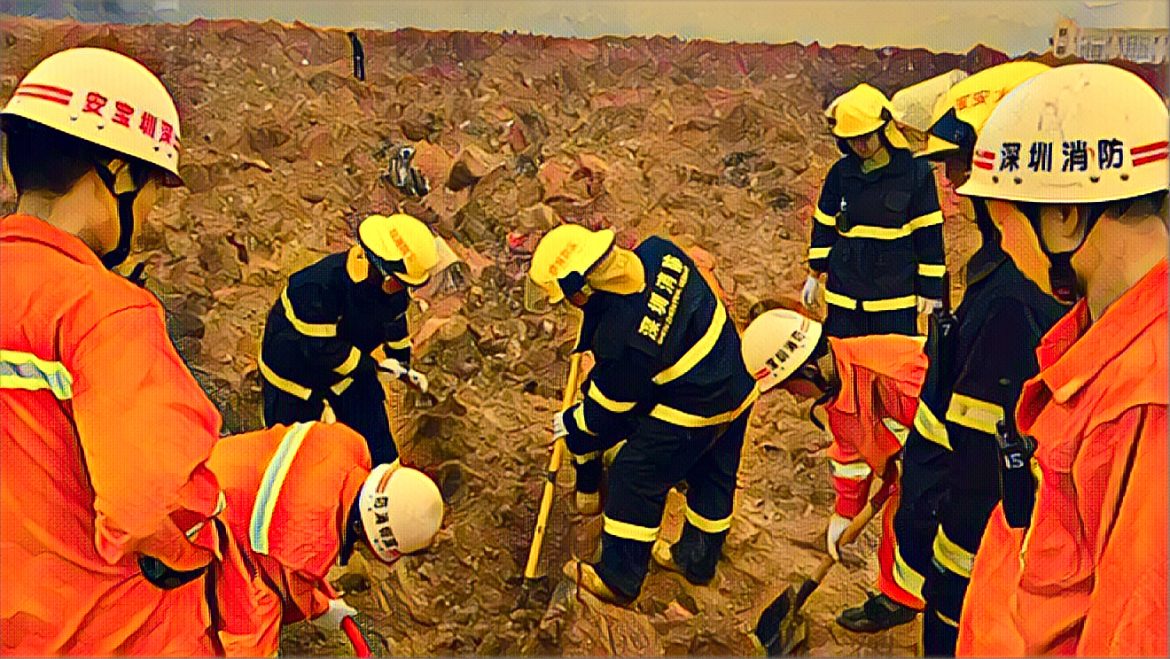KEY POINTS
- Chinese investors are mining in Zimbabwe’s mountainous areas, severely damaging the landscape.
- Local communities are suffering as environmental destruction worsens, especially women and house helpers.
- Despite potential economic benefits, the mining activities haven’t eased Zimbabwe’s economic crisis.
Chinese mining companies are changing the face of Zimbabwe’s previously untouched geography, especially in Mashonaland East and Manicaland, where gold mining is rife.
These activities have cut a sorry figure on both environmental and communities within the locales. It is said that whole mountains are being removed as the miners search for valuable minerals.
The mining craze spearheaded by Chinese investors has seen destruction of forests, polluted rivers, and systems that cannot be repaired.
The locals and most especially the women and house helpers are experiencing deteriorating living standards as the impacts of the degradation spread to the economy and the society.
This destruction poses a lot of questions about the future of these areas as what used to be productive farmland is now becoming desert like.
Disappearing mountains
Once a country of stunning and varied geography, Zimbabwe is now seeing its mountains literally erode away. For instance, in Goromonzi and Mutoko districts where granite mining used to prevail, gold mining has taken over.
According to the local newspapers, the mining activities are so rampant that mountains are disappearing with the ranges.
These operations are almost fully driven by foreign investors, and the Chinese investors are the most active in this market.
The impact is not only environmental since the natural resources are exploited, and the indigenous people are forced to leave their homes, as mining companies go deeper into the ground.
Economic woes deepen
In most cases, mining is considered as a tool that can help to foster economic development, but this is not the case in Zimbabwe. The country’s economy is still in decline even though billions of dollars’ worth of minerals are being extracted. Inflation remains high and the new wealth created by such mining activities has not reached the common people.
People living in the affected areas are most at risk. The consequences of environmental degradation and social instability are usually borne most severely by women, particularly those who work as house helpers.
They depend on agriculture and water which are both endangered by the continuing destruction. However, most of these households are left with no infrastructure or services to cope with the effects of mining.
As reported by the New Zimbabwe, people are left helpless and watch their homes and environment being destroyed while the foreigners benefit from the profits. The government has been relatively passive, with very little efforts put into placing legislation against such unethical mining companies.
Hope for recovery?
However, there is still a chance for improvement. Some environmental groups and some local communities are starting to resist. There is a rising concern for increasing environmental standards and more responsible mining.
If these programs are implemented then they might pave way for a fair exploitation of resources that will in some way benefit the locals without off-late ruining the planet.
In addition, the international community has begun to wake up to the suffering of the people of Zimbabwe and with more pressure the foreign investors may be forced to answer for their actions.
Therefore for Zimbabwe to realize the full potential of these natural resources a development strategy that is inclusive of environmental and human resources is paramount.


